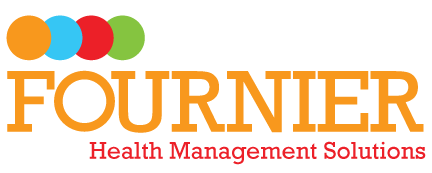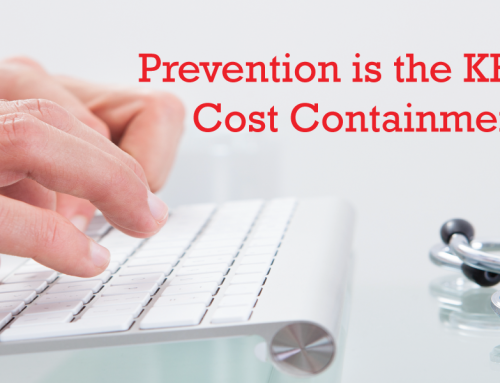All too often our biggest focus in disAbility management is how fast can we get someone back to work. Rather than making this your goal, cultivate a culture of genuine and universal concern for your injured and/or ill employees. Their chances of a speedy recovery is exponentially increased when the organization says ‘I want you back yesterday’ and we can help!
Too many employees complain that they are just a number to their company and that they are not thought of during their absence. Some think that they are pushed too early to come back to work before they are ready.
To ensure an employee doesn’t get lost or fall through the cracks, have a systematic approach to your disability and claims management process that involves communicating with employees, face-to-face. Invite them to attend staff meetings or parties despite their disability. In the age of technology, a friendly in person visit goes a long way versus an email or short phone conversation.

Don’t forget those employees who have been off work for a long period of time. Keep them foremost in your mind while you case manage otherwise their return to work becomes even more complicated with mental health issues that arise from an ongoing disability and idle minds. The easiest thing to do is place their name in your calendar as a reminder to initiate contact.
On the other hand, gently pushing an employee back to work is essential. We don’t need to feel 100% better in order to attempt working again. The best and biggest recoveries are made when the mind is busy, the body is getting healthy and co-workers encourage their injured/ill peer with the company supporting their employees’ efforts to recover.

Keeping the communication open and regular with disabled employees for other reasons other than asking just for medical documentation is important. They are NOT just their disability.
It’s funny how we remember those who have a few kind words to share with us. It’s critical that you, as the case manager, or as a supervisor, become important to those employees that are injured/ill in order to later facilitate an easier return to work. Cultivate a culture of concern for all your staff when they are going through a disability or one of life’s bump in the road. They will thank you for this in the end.

Lucie M.H. Fournier RN, COHN(C), BA (Psych)
Founder/Workplace Health Strategist
With over 30 years of experience in disability management, and a return on investment on average of 1:7, Fournier disAbility & Health provides customized and results oriented services in Absenteeism Management including Attendance, Sick Time/Short, Long Term Disability, and WSIB claims for employers across Ontario.
Expertise in 5 distinct niches of disAbility management include:
1. Complex claims management resolution
2. Mental health claim return to work & accommodations
3. Advanced level training for internal claims manager to make a significant impact on the health of the employee and wealth of the organization
4. Transitional Leadership when moving to & from a 3rd party disAbility Management company
5. Sensitive claims & disAbility management of professional staff, such as HR, health team, and/or executives such as supervisors, managers, directors






Leave A Comment